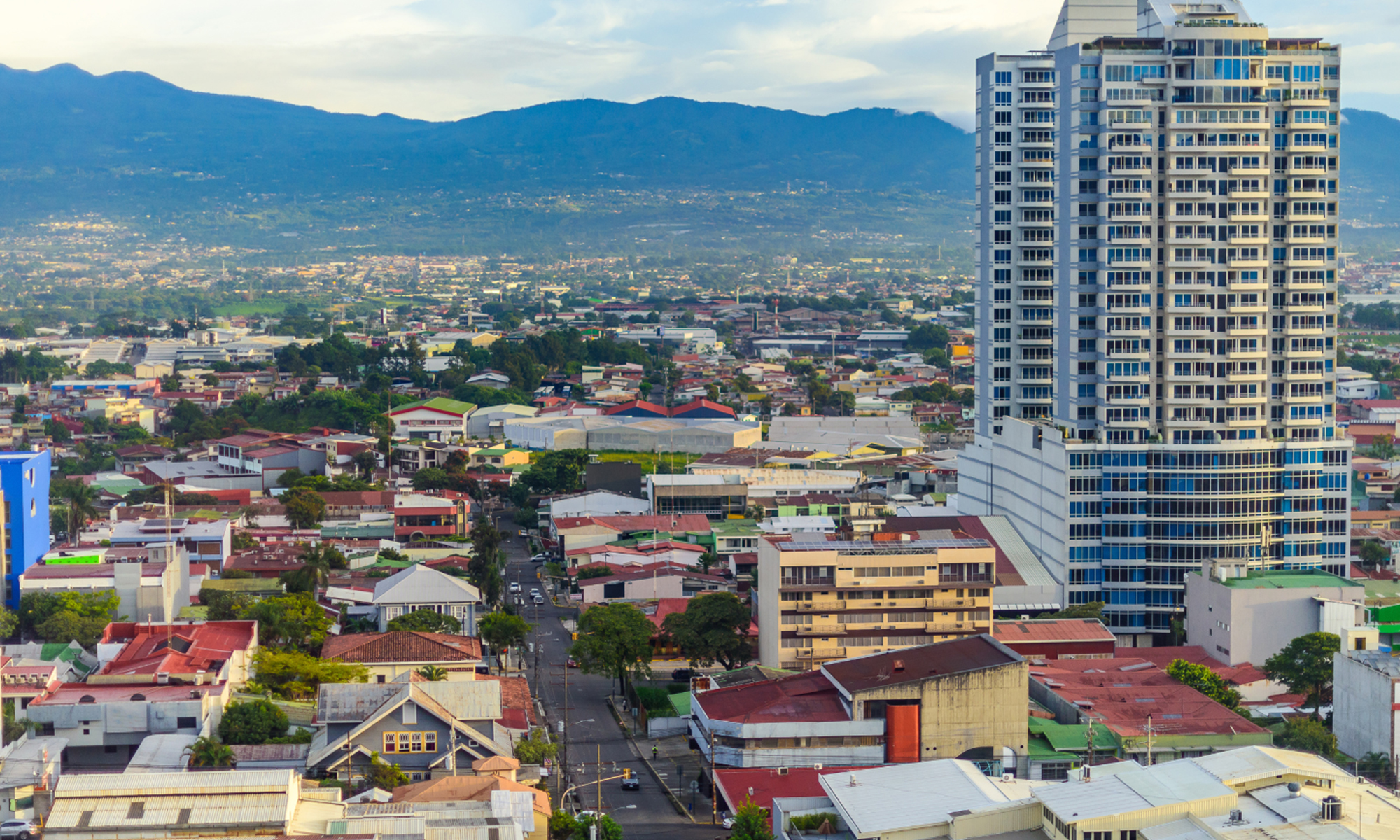So, the big question is, do you need filming permits in Costa Rica?
The short answer is, it depends on the location and the type of filming you are doing. In general, if you are filming in a public place, such as a beach, park, or city street, you will need a filming permit from the local municipality or government authority. The purpose of the permit is to ensure public safety and to regulate the use of public spaces for commercial purposes.
On the other hand, if you are filming on private property, such as a hotel, resort, or private beach, you may not need a permit, but it is always best to confirm with the property owner and obtain written permission before filming.
It is also important to note that if you are filming in a protected area, such as a national park, you will need a special permit from the government agency responsible for managing the area. The permit process can take some time, so it is essential to plan ahead and apply well in advance of your filming date.
Another consideration when filming in Costa Rica is the use of drones. If you plan to use a drone for filming, you will need to obtain a permit from the Civil Aviation Authority. The regulations surrounding drone use in Costa Rica are strict, and failure to comply with the rules can result in fines or legal consequences.
In summary, filming permits are required in Costa Rica for filming in public places, protected areas, and for the use of drones. It is essential to obtain the necessary permits and permissions before filming to ensure a smooth and successful production. Additionally, it is always a good idea to consult with local experts and production service providers to help navigate the permit process and ensure compliance with local regulations.
Finally, while obtaining permits can be time-consuming and may require additional expenses, it is an important step in ensuring the safety of the public and the preservation of Costa Rica’s beautiful landscapes and natural areas. By following the rules and regulations, filmmakers can have a positive impact on the local community and contribute to the sustainable development of the country’s film industry.

